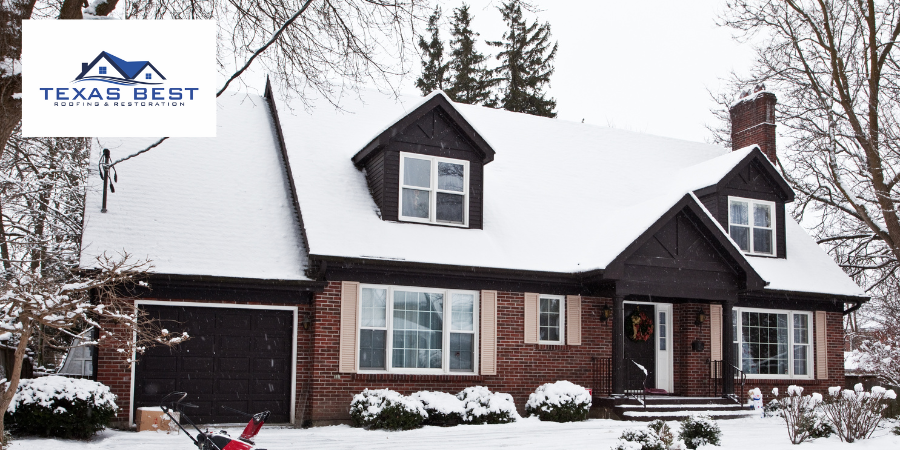Winter can bring chilly drafts, higher energy bills, and potential home damage if your property isn't prepared. Weatherization ensures your home stays warm and efficient. Here’s an extended guide:
1. Seal Your Home Against Drafts
- Identify drafty areas around windows, doors, and vents.
- Use weatherstripping, caulk, or foam sealant to close gaps.
- Add draft stoppers under doors or install storm doors for added protection.
2. Upgrade Insulation
- Proper insulation in attics, walls, and floors is critical for retaining heat.
- Consider reflective insulation in the attic to keep warm air from escaping.
- Insulate crawl spaces and use foam boards in basements to enhance efficiency.
3. Prepare Your Heating System
- Schedule a professional inspection of your furnace or HVAC system.
- Replace air filters to improve airflow and energy efficiency.
- If you have a fireplace, ensure the flue is functioning and debris-free.
4. Protect Your Plumbing
- Insulate pipes in unheated areas, such as basements and garages.
- Let faucets drip on extremely cold nights to prevent freezing.
- Shut off and drain outdoor faucets and hoses before the first freeze.
5. Inspect and Fortify Your Roof
- Check for damaged or missing shingles and repair them to prevent leaks.
- Clear gutters to allow snowmelt to drain properly and prevent ice dams.
- Install a roof rake to safely remove heavy snow accumulation.
6. Upgrade Windows and Doors
- Add thermal curtains or cellular shades to block drafts.
- Apply window film for an added insulation layer.
- Consider replacing single-pane windows with energy-efficient double panes.
7. Invest in Energy-Efficient Upgrades
- Switch to programmable thermostats to optimize heating schedules.
- Upgrade to energy-efficient appliances and LED lighting for long-term savings.
- Install timers or smart plugs to minimize unnecessary energy usage.
8. Emergency Preparedness
- Keep a stock of firewood, blankets, and a backup power source in case of outages.
- Check your smoke and carbon monoxide detectors to ensure safety.
Benefits of Weatherization
Weatherizing your home not only saves money on heating bills but also reduces your carbon footprint. Plus, a warm, well-insulated home is more comfortable and less prone to winter damage like burst pipes or ice dams.
By taking these steps, you can enjoy a cozy winter while keeping costs under control and protecting your home for seasons to come.


Comments